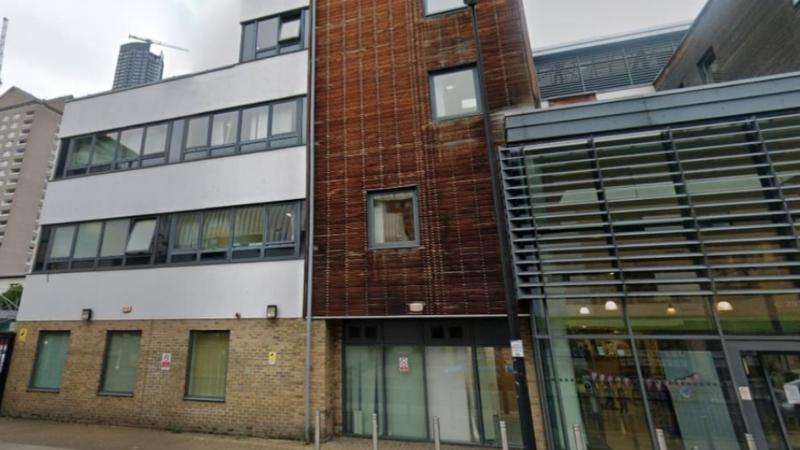The UK's fight against chronic disease is at a crossroads, with new hope on the horizon for cardiovascular health coinciding with a dangerous surge in the black market for weight-loss drugs. For British Bangladeshi and other South Asian communities, this dual narrative is especially critical, as they face disproportionately higher risks for both conditions, Daily Dazzling Dawn understands.
A new heart drug designed to combat high blood pressure, a silent killer and a leading cause of heart disease, is set to be available on the NHS within the next year. This development is a significant breakthrough, particularly for groups where hypertension is a major health concern. For example, research indicates that people of South Asian descent, including those from Bangladesh, have a higher risk of developing high blood pressure and type 2 diabetes compared to the general population. This genetic and lifestyle predisposition makes access to effective, affordable medication a matter of life and death. The forthcoming NHS drug could offer a lifeline, potentially preventing tens of thousands of heart attacks and strokes across the UK, with a notable impact on communities where these conditions are prevalent.
However, as the UK makes strides in heart health, its battle with obesity is taking a darker turn. The demand for weight-loss drugs like Mounjaro and Wegovy has created a lucrative black market, a problem that is being exacerbated by a significant price hike announced by manufacturers. A month's supply of the highest dose of Mounjaro, for instance, has seen its price skyrocket from approximately £122 to a new, discounted price of £247.50, a jump of over 100%. This massive increase is pushing many people, desperate for a solution to their weight struggles, toward unregulated online sellers and counterfeit products.
This is a particularly worrying trend for the UK’s ethnic minorities, where obesity rates are often higher. Statistics show that people from Black ethnic groups have the highest rates of excess weight, but obesity and its associated health problems are also a growing concern within South Asian communities. The pressure to conform to new societal ideals, combined with the difficulty of accessing prescription drugs and the rising cost of living, makes them vulnerable to the dangers of the black market. Unlicensed products carry severe risks, from containing the wrong medication (like insulin, which can cause life-threatening hypoglycemia) to being contaminated with harmful substances.
The twin issues highlight a stark divide: on one hand, the promise of the NHS delivering cutting-edge, life-saving drugs for chronic conditions; on the other, a privatized, increasingly unaffordable weight-loss market that is pushing vulnerable people towards illicit and dangerous alternatives. For British Bangladeshi and other South Asian communities, the battle for health is now not just about diet and exercise, but also about access, affordability, and awareness of the perils that exist beyond the trusted confines of the NHS.
_2.jpg)
_3.jpg)
_2.jpg)
_2.jpg)




.svg)

_3.jpg)
